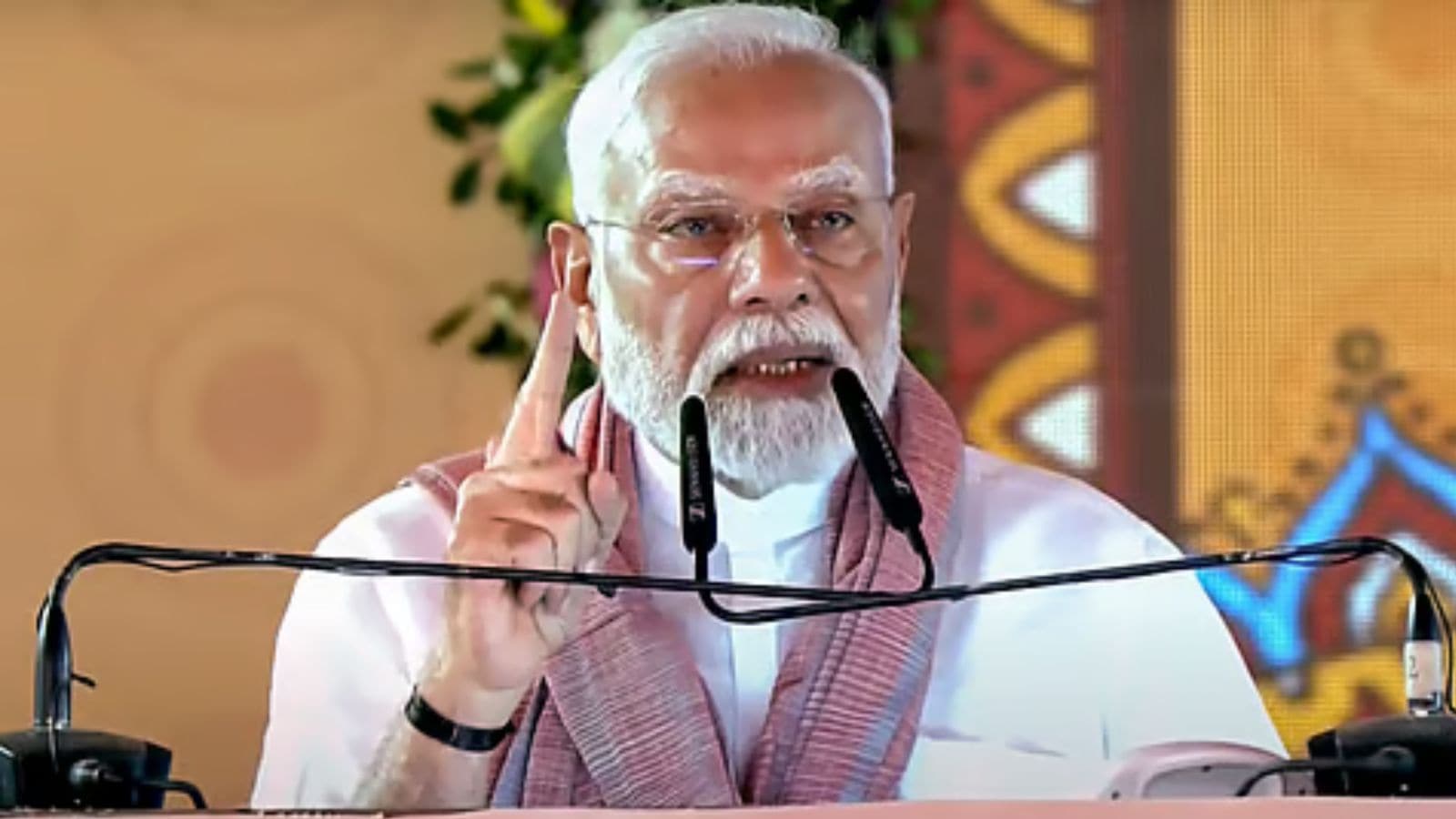Shubanshu Shukla, the first Indian astronaut to travel to International Space Station (ISS), has posted a video online showing his physical recovery after spending 18 days in ISS.
In a video shared on social media, Shukla is seen as aid taking some steps. Later, he is shown walking on a treadmill. The video takes a look at the early days of rehabilitation after time in microgravity.
He wrote in the caption, “I have received a lot of messages about my health and I wish for a quick recovery.” “I want to thank all of you and also give an update.”
Shukla reported that the space journey changes the body in many ways, including fluid change, changes in heart rate, loss of balance and muscle strength. He said, “These are the adaptation to the new environment,” he said, “Once the body gets used to it and we return to gravity, these adjustments are once again.”
He said that when the recovery time for each astronaut may be different, the body starts getting favorable quickly. “I was surprised to inspect the speed with which our body could accommodate in the new settings,” he said.
Shukla said in the video, “You get more information about yourself in search of unknown space.”

According to Union Minister Jitendra Singh, Shukla and three other astronauts The mission is subject to quaraks till 23 July. This is the standard for monitoring their health after a space flight and helping them adjust to the earth’s gravity.
Experts say that staying in space for a long time can cause problems with muscle and bone loss and balance. Physical rehabilitation helps astronauts to return to normal activity.
The story continues below this advertisement
Shukla’s flight is seen as a major step in India’s space trip. During the mission, he revolved the Earth more than 310 times and traveled more than 13 million km.
,




